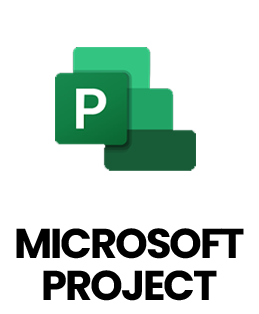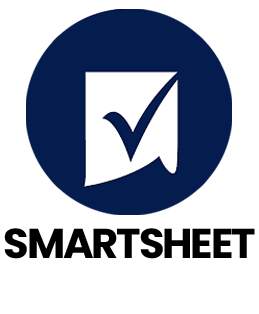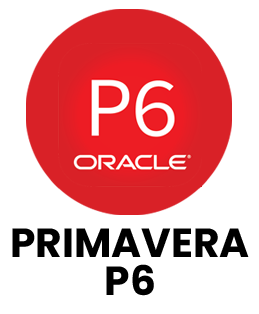1. How are requirements gathered and prioritized from stakeholders?
Ans:
Requirements are collected through methods like stakeholder interviews, surveys, workshops, direct observation and reviewing existing documentation. Prioritization is based on factors such as business value, urgency, feasibility and potential impact on the project. Frameworks like MoSCoW or weighted scoring often help make these decisions more transparent and systematic.
2. What distinguishes business requirements from functional requirements?
Ans:
Business requirements define the organizations high level goals or objectives. Functional requirements, on the other hand, specify the exact features, behaviors or functionalities a system must have to achieve those goals. Together, they bridge strategic objectives with practical implementation.
3. What is a Use Case and why is it important in requirements gathering?
Ans:
A Use Case is a detailed description of a system interacts with users or other systems to accomplish a specific task. It is essential for validating functional requirements and provides teams with a clear understanding of user interactions, ensuring the solution meets expectations.
4. How are conflicting requirements from different stakeholders managed?
Ans:
Conflicts are addressed through open discussions that explore the root causes of differing opinions. Active listening and empathetic communication help identify common goals, allowing compromises to be reached while keeping the project aligned with its overall objectives.
5. What is Gap Analysis and how is it conducted?
Ans:
Gap Analysis identifies the difference between the current state of a system or process and its desired future state. It involves evaluating existing workflows, pinpointing deficiencies and defining actionable steps through process improvements or technology upgrades to bridge the gaps.
6. How is the quality of business requirements ensured?
Ans:
High-quality requirements are achieved through thorough stakeholder reviews and adherence to best practices. Each requirement is assessed for clarity, specificity, measurability, realism and alignment with project goals, minimizing ambiguity and guiding successful outcomes.
7. What is UAT and what role does it play?
Ans:
User Acceptance Testing is the stage where end users verify the system meets their needs and is ready for deployment. By simulating real world scenarios, UAT identifies any issues or gaps before the final release ensuring the solution delivers the intended business value.
8. Which tools are commonly used for business analysis and why?
Ans:
Popular business analysis tools include JIRA for managing tasks and requirements, MS Visio for flowcharts and process diagrams, SQL for database querying and analysis and Tableau for data visualization. These tools enhance efficiency and promote clear communication among teams.
9. How is scope creep handled during a project?
Ans:
Scope creep is controlled by clearly defining project boundaries at the start. Continuous monitoring identifies any additional requests, which are then assessed for their impact on timelines, budget and resources. Formal change control processes ensure stability and alignment with project goals.
10. Can you provide an example of improving a business process?
Ans:
In one project, customer service workflows were found to be inefficient. By analyzing the process and implementing automation tools, response times improved by 30%, escalation cases dropped significantly and overall customer satisfaction increased.


























